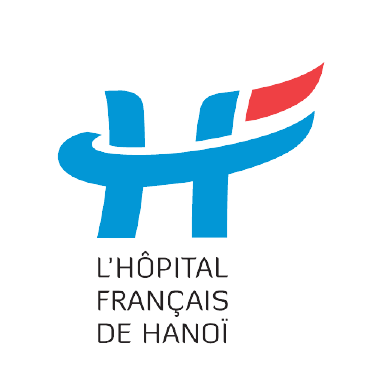LUNG CANCER AND SMOKING-RELATED LUNG DESEASES SCREENING
Lung cancer is the leading cause of death among cancer diseases. Some groups of people are considered at higher risk of lung cancer than others, such as elderly people, smokers, people exposed to extreme pollution or to a polluted work environment, as well as people with certain chronic respiratory conditions. Those who are diagnosed with early stage lung cancer (when the cancer has not yet spread to other organs) have a 5-year survival rate up to 55%. However, the majority of cases are diagnosed after lung cancer has already spread to other parts, and in those cases, the survival rate drops to a very low 4.2% to 27.4%. Therefore, early detection of lung cancer in people with risk factors is essential for effective treatment and survival. Screening and early detection for lung cancer does not mean of course that the cancer will be prevented, the best way to prevent cancer is quitting smoking and avoiding passive smoking as well as protection to extreme pollution.
Lung cancer screening should be considered as a systematic follow-up rather than a single test or a single exam.
For smokers, the screening can detect not only lung cancer but also other related-smoking lung diseases such as: alveolar dilatation, bronchiectasis or chronic obstructive pulmonary disease (COPD).
The low-dose CT-Scan for lung cancer screening has high diagnostic value and low radiation exposure. Each low-dose CT scan is estimated to have a radiation exposure of about 1.4 millisieverts (mSv), which is much lower than a standard CT scan with an estimated radiation exposure of 7-8 mSv.
Who should be recommended for lung cancer screening? (Following general guideline from World Respiratory Health Organizations)
- People who have been exposed to extreme pollution for extended periods of time
- People from 50 - 80 years old and even younger who have:
- Smoke at least 20 pack-year
- smoke or have quit smoking less than 15 years.
- A pack/year is calculated as follows: pack/day x the number of years smoked. One pack – 20 cigarettes, the number of pack is equal to the number of cigarettes per day.
Hanoi French Hospital offers lung cancer screening packages with leading experts in Pneumology & Allergology Department and modern equipment (Low dose CT-scan, Plethysmography…..) and will always be a reliable place for patients to choose for early screening cancer of lung.
LUNG CANCER SCREENING PACKAGE
- Examination by Pneumologist
- Low dose CT-scan
Package price: 3.000.000đ
LUNG CANCER AND RELATED-SMOKING LUNG DISEASES SCREENING PACKAGE (for smokers)
- Examination by Pneumologist
- Low dose CT-scan
- Pulmonary Function Test (Plethysmography)
Package price: 4.400.000đ
Pneumologist may recommend you these programs if you have one or some of the following symptoms:
- Persistent cough
- Chest discomfort and hard of breath
- Chest pain
- Hemoptysis
- Fatigue and unexplained weight loss
LUNG LOW DOSE CT SCAN
Low dose CT scan is the latest method of modern spiral CT scan which is very safe as it dramatically minimize the effects of radiation exposure to patients (It involves a radiation exposure dose approximate 1mSv/exam, equivalent to a classic radiology exam, whereas the normal routine chest CT scan involves about 7mSv). This radiation exposure dose is very low even compared to natural background radiation which is about 3.1 mSv /person/year).
Still low dose CT scan provides excellent diagnostic results. This latest method of CT scan helps to detect pulmo -pleural lesions and other thorax diseases that are not detected by standard chest X-ray, such as early-stage cancer, pneumonia (including viral pneumonia, even caused by Covid 19 (CT scan is used to diagnose Covid 19 pneumonia when RT-PCR testing for SARS-CoV-2 has not been done), bronchiectasis, emphysema, mediastinal tumors, chest wall tumors, etc.
It can also be used to follow up known lesions, not only help your doctor compare and evaluate treatment results while minimizing radiation exposure to patients that require multiple control exams.
Thorax low-dose CT scan is safer than normal routine CT scan and gives higher value in diagnosis than standard X-rays. It plays significant role in screening, detection and follow up treatment outcome, especially in the context of coronavirus pneumonia spreading all over the world now.
